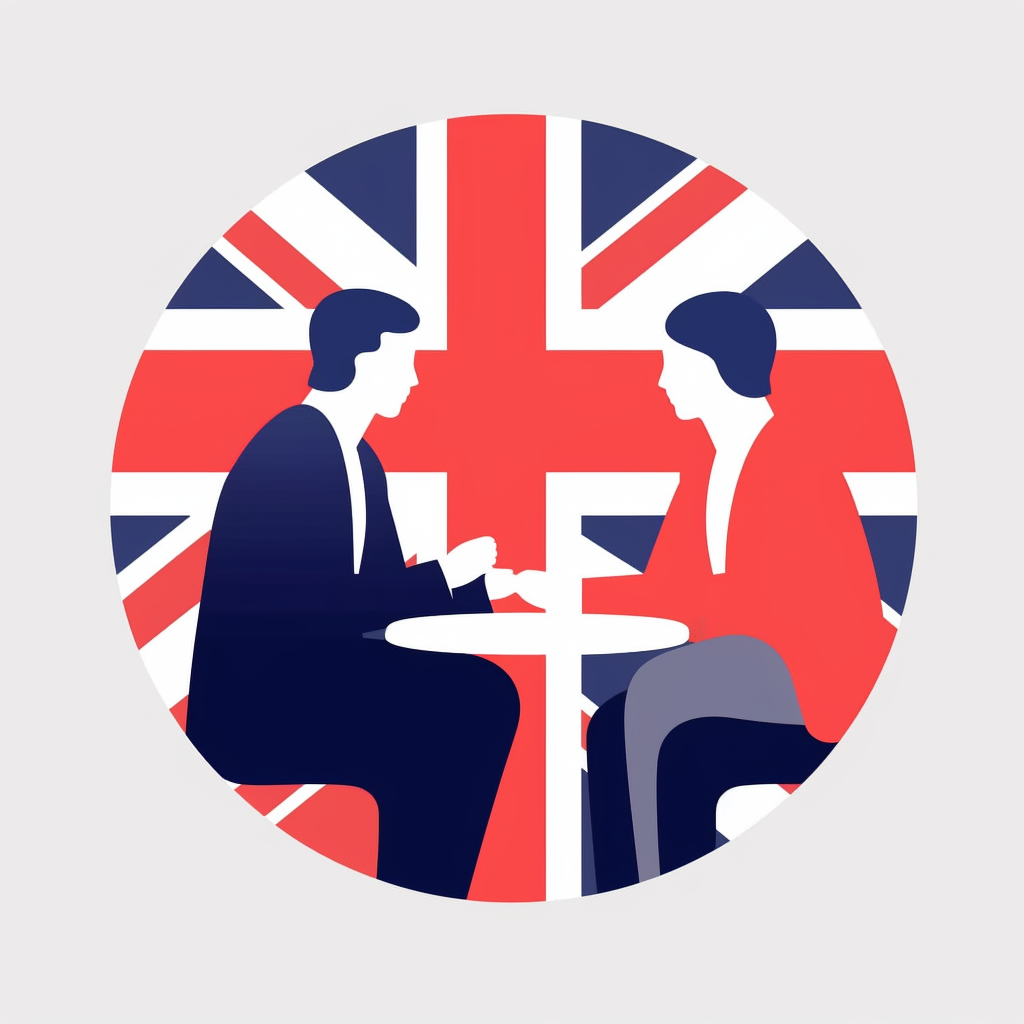Did he already have 6 points? 5 points sounds like “we don’t want to ban you, but if you do anything else you will be banned”.
TWeaK
- 13 Posts
- 10 Comments

 9·27 days ago
9·27 days agoSpecial relationship at risk if UK bans arms sales to Israel, if Trump wins the election.

 2·27 days ago
2·27 days agoPeople absolutely do choose trains over cars, when the train is actually viable. Just because that isn’t a thing in the UK doesn’t mean it couldn’t be.

 81·4 months ago
81·4 months agoAlso, in my view the EU is quite undemocratic. The separate Council, Commission and Parliament are an affront. Especially the fact that the Parliament, which represents the electorate, does not have the power to introduce legislation.
You do realise that the entire structure of the EU was primarily dreamt up by British legal experts? It’s quite literally one of the best, most robust and most competent systems of governance in the world.
Yes, Parliament can’t introduce legislation by themselves, but that’s because we don’t want populists like Farage, Boris or Trump to do that. They’re charismatic, but not actually competent. That’s why talented legal experts in the European Commission (who are each appointed by elected governments of member states, the UK had 6 iirc), people who actually know how law works, write the laws. The elected MEP’s vote on the laws.
However even here we’re missing the fact that the European Parliament (EP) do have a say in the legislation. The EC writes an “Impact Assessment” with rough draft of the law they’re thinking of writing (which anyone can comment on), then this is presented before Parliament who propose and discuss amendments. So it’s completely disingenuous to imply that the elected EP is somehow beholden to the “unelected” (but chosen for competency by elected member governments) EC bureaucrats.
And all that skips around what starts the EC’s initial proposal. Aside from occassionally writing laws off their own backs, the EC responds to requests from:
- The European Council (heads of state or government of each EU country)
- The Council of the European Union (government ministers from each EU country)
- The European Parliament (directly elected by EU citizens)
- Citizens themselves, following a successful European Citizens’ Initiative
That’s right, not only can Parliament demand new legislation (they just have to get the big boy lawyers to write it for them), but individual citizens can directly!
Parliament has the final say in whether or not legislation is implemented. That’s completely democratic. What you call “an affront” is actually competent people writing effective legislation. Rather than bullshit like the Rwanda deal which states the UK will accept vulnerable refugees from Rwanda in exchange for the small boat migrants to Rwanda (all paid for by the UK taxpayer), or the general ineptitude of no legislation at all and a Hard Brexit causing issues like sewage being dumped in our rivers since water companies now face restrictions on importing treatment chemicals from the EU.

 6·4 months ago
6·4 months agoWilliam Rees-Mogg wrote 3 books in the 90s, I forget the 3rd one but the other two were called “(The Best Time To Buy Is When There Is) Blood In The Streets” and “The Sovereign Individual”. The latter describes a Sovereign as someone who earns more than $200k per year (90s money, so more like £500k today) and uses their wealth and influence to live above the laws of any nation. This is the kind of “sovereignty” his son Jacob Rees-Mogg campaigned for, he’s literally laughing at all his supporters while he’s doing it.

 1·5 months ago
1·5 months agoExactly. The whole “privatise the profits, socialise the losses” needs to end.
Meanwhile Suella Braverman’s father used to run concentration camps in Kenya. Her family’s business is literally running British concentration camps in Africa, and the core goal of the Tory party in the last couple years has been to reestablish that business, all funded by the taxpayer.
And that’s before we touch on the point that the Rwanda deal is two way. The UK will accept “vulnerable refugees” in exchange for every small boat migrant we send over there.
The taxpayer pays to house them until they can be sent over. The taxpayer pays to send them over. The taxpayer pays to set up the infrastructure over there. The taxpayer pays to send over vulnerable refugees in return. The taxpayer pays to accommodate those refugees (who are far less productive than the ones we send out). Private businesses - particularly those outside the UK tax domain - profit.
Not a lot, the kids just switch to reusables, or continue to buy the same disposables from dodgy drug dealers.
Pardon my French, you dirty cunt.


12 points, when you get that many it’s usually referred to as “totting up”, then you get a ban of at least 6 months (more if you’ve been banned in the last 3 years).
A regular speeding conviction is 3 points. However if you exceed 100mph in a 70mph motorway, or 30mph over other speed limits, then you may get an instant ban of up to 3 months or 4-6 points.
Points are valid on your license for 3 years, but stay on and must be disclosed to insurers for 4 years. Although, points for more serious offenses may last for longer. Some offenses lead to an instant ban, eg drink driving, and drink driving will stay on your licence for 10 years.